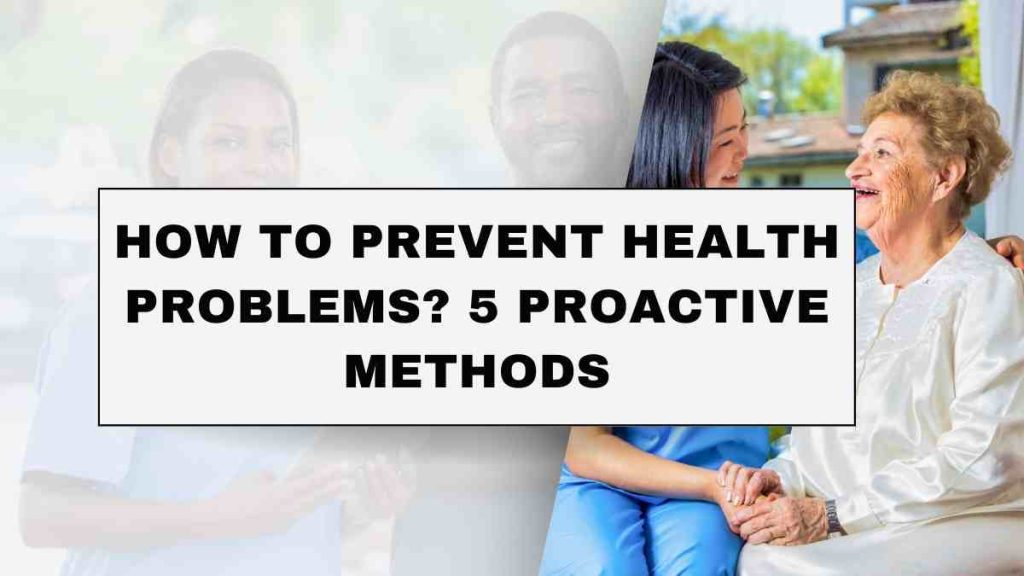- Oak Brook:(630) 705-9999
- Chicago:(312) 920-8822
- Email:inquiry@vervecollege.edu
- Make a Payment
- Home
- Programs
- Admission
- Resources
- ATI Entrance Exam Resources
- New E-Digital Library
- Refer a Friend
- School Newsletter
- Events
- Employers
- Job-Network
- Alpha Beta Kappa Candidates
- Verve College Library
- Graduation and Pinning Ceremony Photo Galleries
- Textbook Information
- Career Services
- Tutoring
- School Catalog
- FAQ
- Constitution Day Program
- Alumni
- Verve College Plans
- Financial Aid
- HEERF Reporting
- Satisfactory Academic Progress
- Apply For Financial Aid
- Net Price Calculator
- Return of Title IV Funds (R2T4)
- Financial Aid Office Code of Conduct
- Contact
- FAQs
- Verification Policy
- Vaccination Policy
- Student Right-to-Know Act
- Misrepresentation
- Information Security Program
- Academic Award Year
- Availability of Employee
- Cost of Attendance
- Health & Safety Exemption Requirement
- Students Rights and Responsibilities
- Leave of Absence
- Pell Formula
- Military Students
- Grants/ Scholarship Policy
- Contact Us
- Testimonials
- Blog
Is a Nursing Career Right For You?
Take The Free Quiz
How to Prevent Health Problems? 5 Proactive Methods
How to Prevent Health Problems? 5 Proactive Methods
A troubling fact regarding healthcare in America is that most people are treated in emergency rooms. Many people put off seeking medical attention until they are in a crisis for a number of reasons, including financial, social, and environmental. Early interventions, vaccinations, or other preventive measures could have prevented many of these emergency visits. Illinois college of nursing tuition with clinical courses at community college can provide the modest practical nursing programs or diploma program with the clinical skills they need to become a licensed practical nurse in health care settings.
The phrase “an ounce is worth a prevention” surely holds. It has been proven that preventive care is one of the best ways to lower disease rates and reduce the medical cost of medical care like wound care. Healthcare reforms in the past decade have made preventive care easier to access.
What are the most effective tools to promote better health and limit the devastating effects of disability and disease on a local community? We identified eight common tactics that health professionals use to control crisis-level visits.
What is Preventive Health Care?
Preventive health care includes any medical service that reduces the likelihood of negative health outcomes in the future, such as disability, medical emergencies, or chronic diseases check by the health care team. Preventive health care involves screening for disease before symptoms appear. Early detection of risk factors and signs of disease (done by healthcare professional) can reduce the cost of treatment, as well as the likelihood of becoming life-threatening for individual patients.
What is the Real Impact of Preventive Health Care?
In 2010, a study published by Health Affairs showed that $3.7 billion could have been saved if 90% of preventive services had been used in 2006.
According to the same study, if preventive basic care had been provided widely in prior years, there would have been two million additional people alive in 2006 in the U.S.1. Preventive healthcare is an effective and cost-effective way to help people lead longer in long-term care facilities. Lest discuss the preventive care examples. By enrolling in LPN nursing programs, with complete understanding of scope of practice & prerequisite courses in nursing career, every nursing students get a chance to play an important role to providing preventive care to patients.
8 Preventive Care Examples
The U.S. Preventive Services Task Force published a list of 102 recommended preventive care nursing practices that have evidence-based results.2 These practices are often relevant to certain age groups or individuals who have specific risk factors in their medical histories. The USPSTF, along with information from the United States Department of Health & Human Services, identified 8 services that are universal and impactful preventive measures.
1. Blood Pressure Tests
The blood pressure test is one of the best screening tools check by healthcare providers to identify serious diseases in adults done by healthcare example. The USPTF recommends that adults aged 40 and older be screened for abnormal blood pressure levels every three to five years. Low blood pressure screenings can reduce cerebrovascular events and heart failure, as well as overall mortality.
2. Diabetes Screening
Diabetes can cause heart disease, strokes, nerve and kidney diseases, as well as vision loss. As per the centers for disease control and prevention, diabetes was the seventh-leading cause of death in America in 2015. About 25 percent of people with diabetes are unaware that they have it.4 Treatment is as simple as dietary and physical changes.
3. Cholesterol Test
Regular cholesterol testing every 4 to 5 years can help reduce cardiovascular disease risk. Adults with risk factors like diabetes, hypertension, or smoking, as well as those who have a family history, should get their cholesterol tested more frequently.
4. Routine Vaccinations
Adult vaccinations are just as important as childhood vaccinations in protecting against serious diseases like polio and hepatitis. Adults can benefit from an annual flu shot and a “TDaP” shot (which prevents tetanus, diphtheria, and whooping cough) given every ten to fifteen years.
Want to Make a Career in Nursing? Get More Information About Our Courses!
5. Cancer Screening
Cancer screenings include mammograms and colonoscopies. According to the U.S. According to the U.S. Department of Health and Human Services (HHS), 1 in 8 American women will develop breast cancer in their lifetime.5 A mammogram takes about 20 minutes and can detect cancer before it spreads into other parts of the human body, where it is more difficult to treat. Breast cancer can be treated successfully if detected early.
 Sign up
Sign up Login
Login




